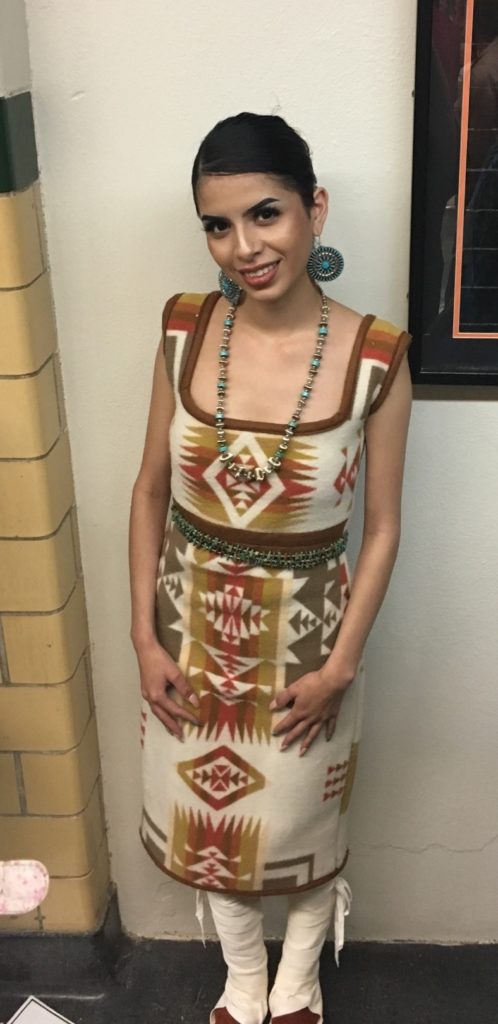Have you heard the term ICWA surrounding adoption and curious about what it means?
ICWA stands for the Indian Child Welfare Act. It is a federal law that is intended to protect the best interest of Native American children, promote the security and stability of families and tribes, and prevent unnecessary removal of Native American children from their families and tribes. Children’s Division, the state agency that administers child welfare services like foster care, must comply with ICWA. It’s a common misconception that ICWA is not involved in child welfare cases in the St. Louis area, and although the Native American population is greater in other parts of Missouri, Children’s Division follows the mandates set forth by the law with every child and family.
When a child first comes into care, the parents and family will be questioned regarding any Native American heritage. If there is some indication or suspicion that a child is American Indian or Alaskan Native then reasonable efforts to identify and notify the tribe must occur. The tribe can choose to “intervene” or become a member of the case or they can determine that the child does not qualify for enrollment.
Federal laws and policies often feel extraneous or unconnected to our foster families without first-hand experience.
To bring this law to life, we recently interviewed a former foster youth, 18 year old Alisia. Alisia lived with her grandparents on a Navajo reservation until the age of two, and remembers having to learn English after she left the reservation. In 2017, Alisia was placed in Children’s Division custody with her siblings. As soon as she entered foster care, the Navajo tribe was notified. While Alisia and her siblings were in care, they were able to continue contact with family who are tribal members.
When asked why it is important to help foster families understand the importance of a child’s heritage, she explains, “It is who I am. I love that I’m half Native American.” Alisia feels deeply connected to her roots and believes it is important for every child to know and understand their culture. She also wants families to know that it is essential to learn how to respect the culture and to know what terms are offensive. Alisia further explains that the beliefs of the tribe influence her behaviors and decisions and she works to keep them alive. She states, “The beliefs are beginning to die out with every new generation.”
Alisia has been able to get involved with events in the area such as the Annual Pow Wow at Washington University and the Festival of Nations. Alisia proudly wore a handmade traditional Navajo dress and moccasins at her high school graduation; gifted from a family member.

 Get Help Now
Get Help Now









